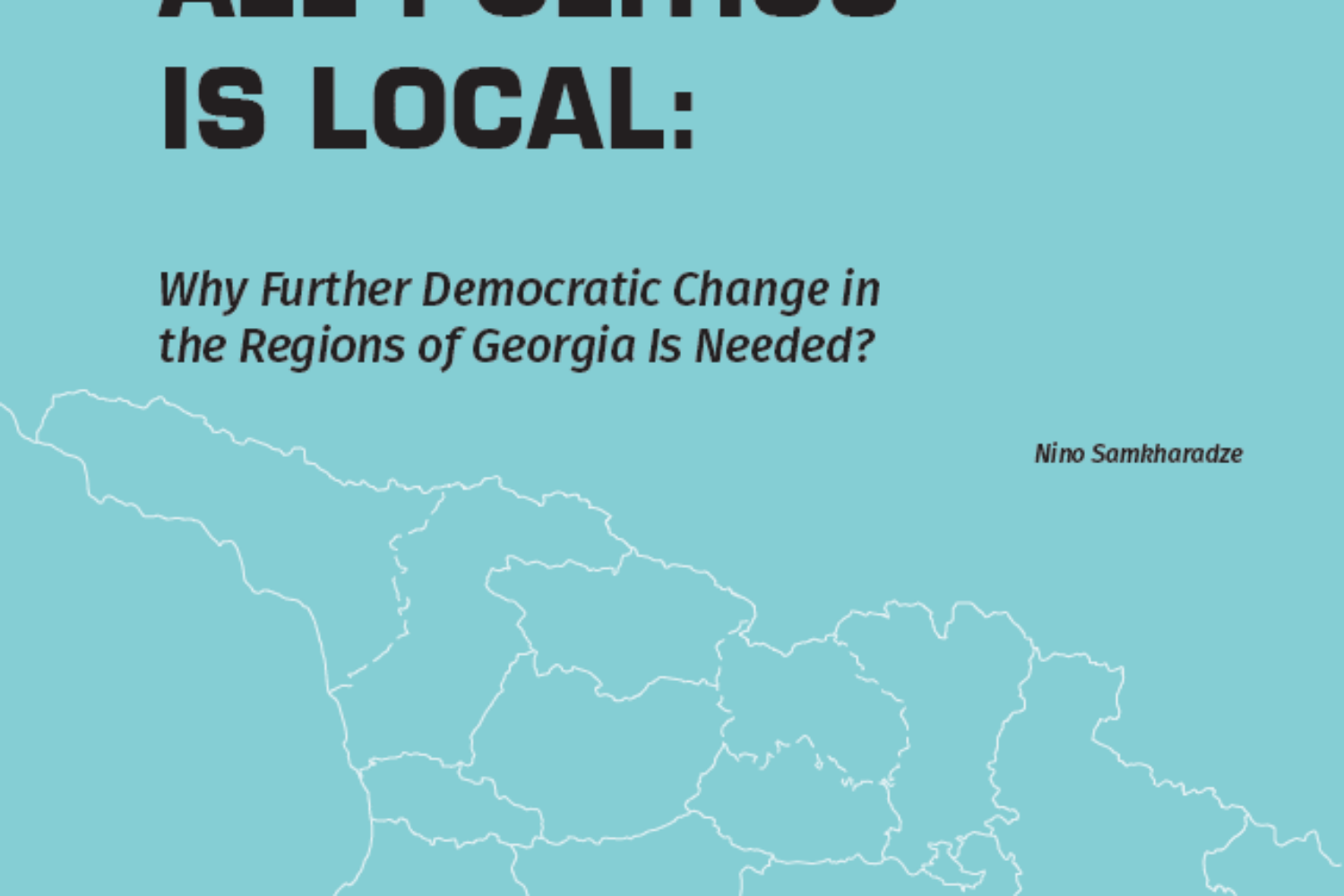2025-01-28 13:31:16
The 2024 parliamentary election in Georgia is viewed effectively as a referendum and thus critical for what lies ahead, defining society’s position on the country’s European future and integration. Given the accelerated decline in democracy and an imminent threat to the Georgia’s European aspirations emerged under the third term of the Georgian Dream government, the vote found to be a referendum to decide the country’s existential future. In the 2024 elections Georgian Dream officially registered the highly contested 54% victory. A month after the 2024 parliamentary elections the Prime Minister Irakli Kobakhidze announced publicly about the decision to take the EU Accession negotiations out of party’s agenda. Society has responded strongly to this disturbing escalation in polarization which has been exemplified by the ruling party’s adoption, amid widespread public protest, of the controversial law “On the Transparency of Foreign Influence”, and imposing multiple of repressive laws and actions against the broad public. Despite weeks of demonstrations on the streets, Georgian Dream has persisted in anti-democratic actions, underscoring the ruling party’s determination to consolidate power by any means necessary.
This is why the parliamentary elections in October were of exceptional significance (Zurabishvili 2024a). The Georgian population was called upon to not only elect a parliament and government, but also to reaffirm, at a fundamental level, commitment to the country’s democratic and European development. Similar pressure is expected to be exerted during next year’s municipal elections, and, if they take place, the snap parliamentary elections. At this juncture, it is crucial to engender the broadest possible trust in alternative pro-European political parties in order for society to consolidate Georgia’s democratic future. It is considered that, traditionally, politics in Georgia are centered mainly in the capital, although more than 70% of the population are registered in the regions and vote outside of Tbilisi. Therefore, political parties must undertake significantly stronger and more effective efforts in the regional areas – big cities, smaller urban and rural settlements of Georgia – beyond their past practice, to safeguard the country’s democracy and ensure its European future. Accordingly, this policy brief, based on demographic and analytical data as well as expert interviews, starts by examining the key characteristics of political behavior in the regions. It then outlines three strategies that are essential for regional engagement, analyzed through the “how, who, and what” framework. The essay concludes with pertinent recommendations for political parties.
Key words: parties in regions; elections in the regions; politics in the regions; 2024 elections; 2025 elections




